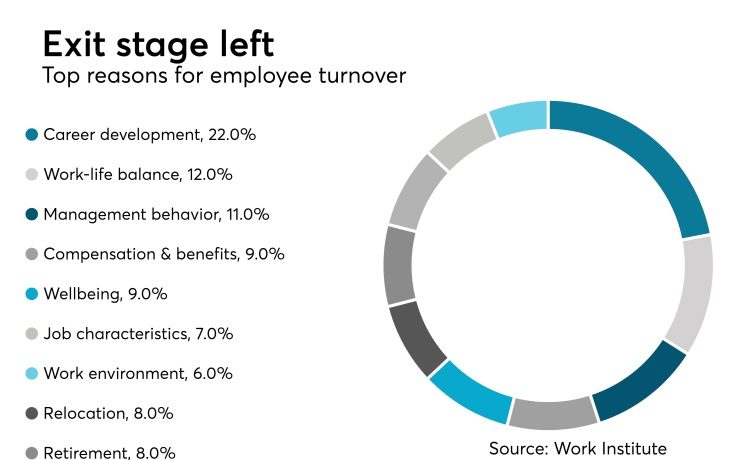Every departure tells a story. A resignation is never just about leaving. It carries signals about the environment that pushed the decision. Many organizations look only at surface reasons. Yet the deeper roots often lie hidden beneath everyday interactions and workplace dynamics. Leaders must dig into the causes to see the whole picture. Understanding the reasons for exits can help build better systems for retention and growth.
The Silent Weight of Culture
The culture within a workplace shapes every decision. A toxic environment pushes people away quickly. When respect and trust are missing no one feels safe. Every role becomes heavy when support is absent. The culture that celebrates only results while ignoring care builds invisible pressure. Over time employees lose energy and motivation. When the team spirit fades even small conflicts grow larger and stronger. Therefore the culture becomes a silent force behind many exits.
The Search for Growth
Many departures start with stalled careers. Growth is a natural desire for every individual. When learning stops satisfaction also fades quickly. A role without challenges becomes a cage for ambition. Workers want opportunities that expand skills and open doors. Training programs and mentorship build paths to a brighter future. Without them people feel stuck and restless. Therefore they search for spaces where growth is encouraged and supported.
The Role of Leadership
Leadership is at the core of retention. A good leader inspires trust and direction. A poor leader creates fear and confusion. Employees stay when they feel guided with fairness. They leave when instructions are unclear or harsh. Therefore leadership becomes the strongest reason behind satisfaction or departure.
The Hidden Cost of Neglect
Neglect is a powerful driver of departure. When people feel invisible they disengage quickly. Small signs of recognition make large differences in loyalty. Ignoring effort signals that contributions hold no value. That message cuts deeply into morale. Over time neglect grows into resentment and frustration. The cost becomes clear when departures increase suddenly. Neglect may seem small yet it carries huge impact on retention.
Recognition builds motivation and loyalty. A simple thank you strengthens the bond between leaders and staff. Neglect on the other hand builds silence and distance. The human need for acknowledgment is universal and timeless. When people feel unseen they quietly prepare to leave. The result is high employee turnover that could have been avoided with care. Therefore leaders must see recognition not as a bonus but as a foundation.
The Path Forward
Departures reveal the truths that daily routines often hide. Culture growth leadership balance and recognition form the core reasons. Each factor plays a role in building trust and loyalty. When one fails the chain begins to break slowly. Understanding the roots allows leaders to respond with care and vision. A strong workplace is not built overnight. It grows through actions that respect and uplift individuals. The key lies not in preventing exits but in creating reasons to stay.










